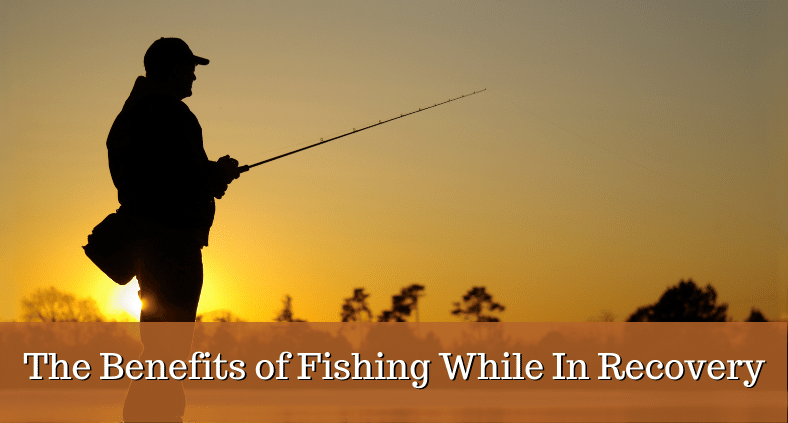The concept of recovery is a process that involves healing from an addiction or other difficult life experience. This often happens through the support of others and various techniques such as counseling, meditation, lifestyle changes and more. Fishing can be beneficial to those in recovery programs in many ways.
In this article we will explore some of the potential benefits fishing offers for people who are involved in a recovery program.
Mental benefits
One of the main benefits to fishing while in a recovery program is improved mental health and well-being. Fishing provides an opportunity for individuals to relax, reduce stress levels, reflect on their experiences without feeling judged or rushed.
Research suggests that recreational angling can also lead to increased feelings of happiness by releasing endorphins into our bodies. This has been linked directly to lower rates of depression among those who engage regularly in outdoor activities such as fishing.
Social Benefits
When it comes to the social benefits, fishing is a great way to improve interpersonal relationships. This helps build self-confidence for those in recovery programs. On the water, individuals have an opportunity to interact with others who share similar interests and learn from other’s experiences. This can lead to increased trust and respect which often carries over into everyday life.
Furthermore, fishing has been shown to promote communication skills by encouraging dialogue. Techniques used or stories of past successes and failures that are shared among friends and family members alike. These conversations provide valuable opportunities for growth within any relationship dynamic.

Physical Benefits
Fishing has been shown to be a great way to improve physical health and fitness for those in recovery programs. It involves various movements that help strengthen muscles, increase flexibility and coordination.
Regular fishing activities provide individuals with an opportunity to get some exercise outdoors. This helps reduce stress levels by providing direct exposure to natural elements which have been linked directly with improved mental well-being over time.
Cognitive benefits
Improved cognitive functioning such as increased focus, better problem-solving skills and enhanced memory recall have been linked to fishing. Fishing requires individuals to remain alert and focused which can lead directly into improvements with respect to concentration levels.
Since fishing involves mastering skill sets, it encourages individuals within recovery programs not only to develop patience. In addition, it teaches them how best to approach situations from an analytical perspective. This is key when faced with difficult decisions or other life dilemmas encountered during their journey towards sobriety.
Emotional Benefits
Emotional health is a major factor for those in recovery programs to be successful in their treatment. Fishing is a great way to improve one’s overall sense of well-being.
The sense of accomplishment achieved when successfully catching a fish has been linked directly with improved self-esteem. And time spent outdoors often results in increased feelings of relaxation which help reduce stress levels.
Anglers are able to find joy in their successes as they become more experienced as time progresses. This provides an invaluable opportunity for individuals within recovery programs to stay positive and motivated even during difficult times.
Spiritual Benefits
For many individuals, fishing can also be a spiritual experience. It provides an opportunity to connect with the Earth by developing relationships between humans and nature. This often leads to greater respect for our environment as well as appreciation of its beauty. This can be especially true when fly-fishing where anglers observe wildlife up close while out on rivers or streams.
Recreational angling has been shown to enhance one’s connection within their community. Most fishermen enjoy sharing the stories and experiences that they have had throughout the years. These conversations help build trust among others who share similar interests. This creates lasting bonds amongst members of any given recovery program.
Environmental appreciation and its benefits
Individuals can develop a greater appreciation for nature and an understanding of the importance of preserving natural resources through fishing. Fishing can help to raise awareness of environmental issues and the impact of human activities on the environment. Also, fishing can provide an opportunity to connect with nature and gain a better understanding of the importance of sustainability.
In closing
Overall, fishing can be extremely beneficial to those in recovery programs. It provides a variety of mental and social health benefits while also improving physical fitness levels as well as cognitive functioning.
To all those involved in a recovery program: keep strong on your path and remember you don’t need to do it alone!
